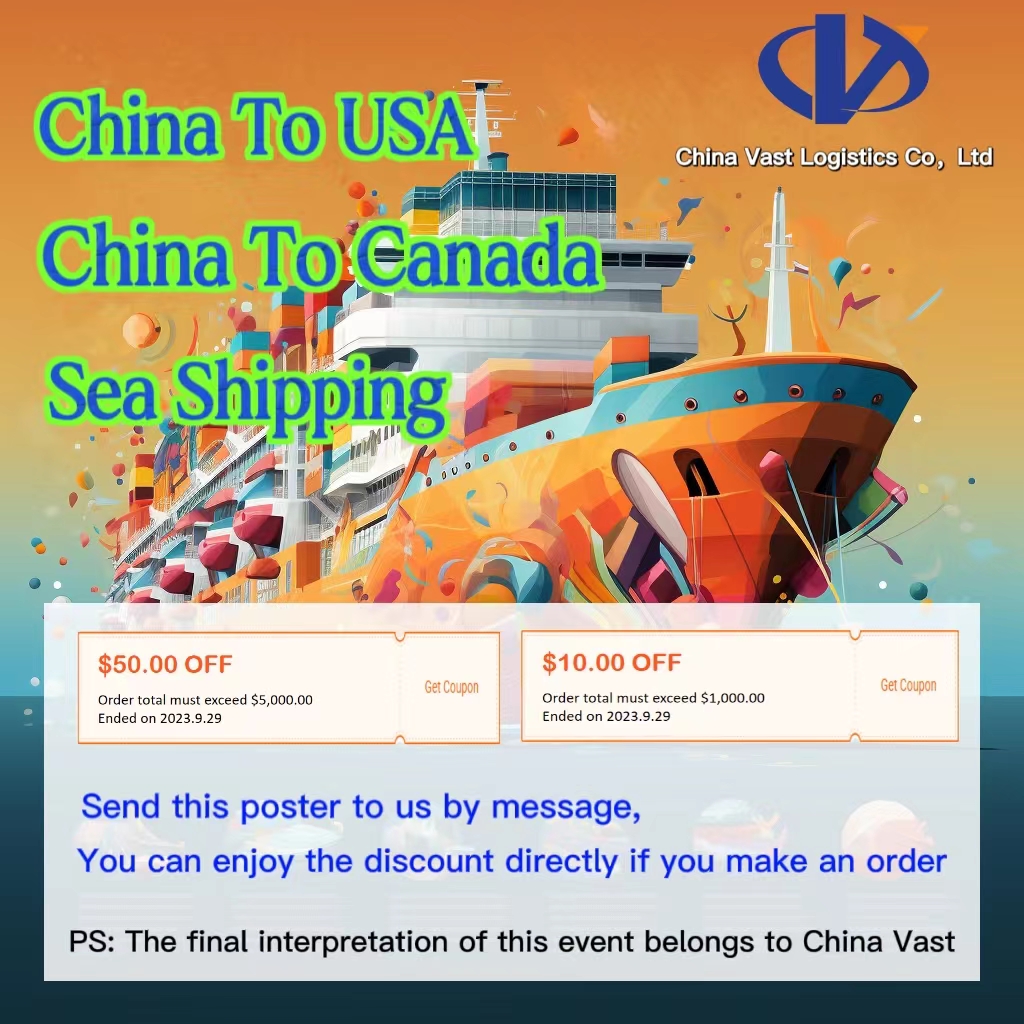
Catherine De Bolle, head of the European Union Agency for Law Enforcement Cooperation (Europol), recently said in an interview that a European port has been completely infiltrated by criminal organizations, with corruption rampant among its staff.
She did not reveal which port it was but indicated that organized crime groups have targeted logistics companies, courts, police, and government officials. Earlier this year, Europol warned that corrupt forces were spreading in 300 EU ports, with criminal organizations shifting their focus from large to smaller ports. Europol has been conducting investigations in major ports such as Rotterdam, Antwerp, and Hamburg to identify weak links in the port system. Ports in Spain, Sweden, and Germany have also exposed issues.

In recent years, large quantities of drugs have been seized in ports such as Rotterdam and Antwerp. Catherine De Bolle said that EU ports handle more than 90 million containers annually, but only one-tenth of goods from South American countries (drug sources) are inspected. A report published by the International Shipping Association in May this year showed that drug trafficking groups adjusted their tactics and development routes during the pandemic. Catherine De Bolle said, “The harder we crack down in large ports, the more we discover that some small ports, such as those in Germany and Spain, are profitable for drug traffickers. We found a port where everyone is corrupt. If we don’t take action, criminals will take over.”
Drug trafficking gangs are increasingly targeting the shipping industry and using cyber technology to identify and exploit security vulnerabilities of shipping companies. They typically bribe relevant personnel to obtain the codes for containers hiding drugs, use this information to track the containers, and send their drivers to pick up the goods and retrieve the hidden contraband at the destination port. Last Friday, Europol seized cocaine hidden in a shipment of bananas, reportedly intended for Spain’s largest drug dealer, who planned to retrieve it as the cargo passed through the port of Algeciras.

